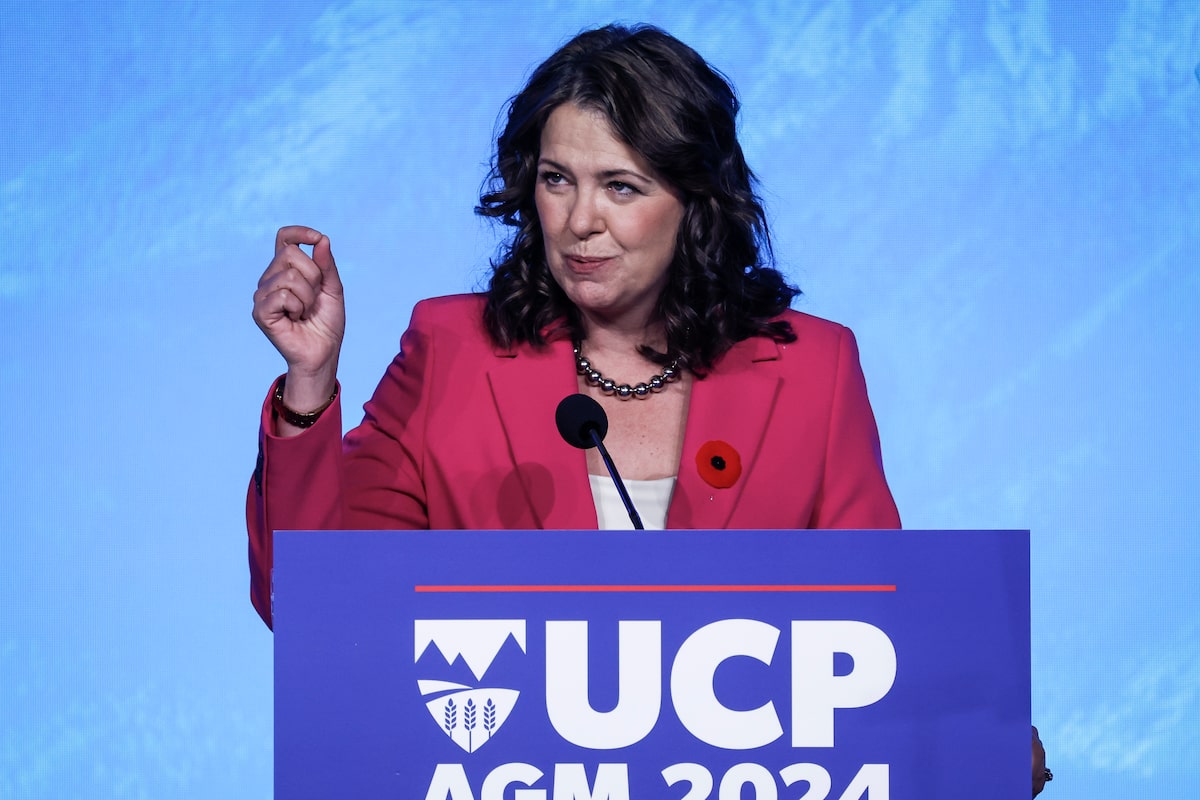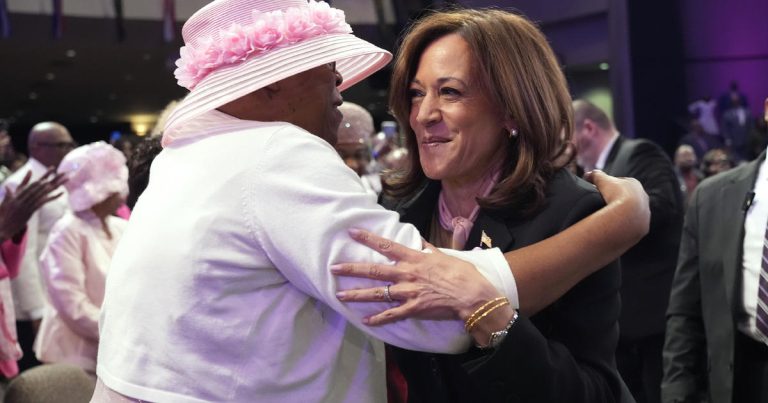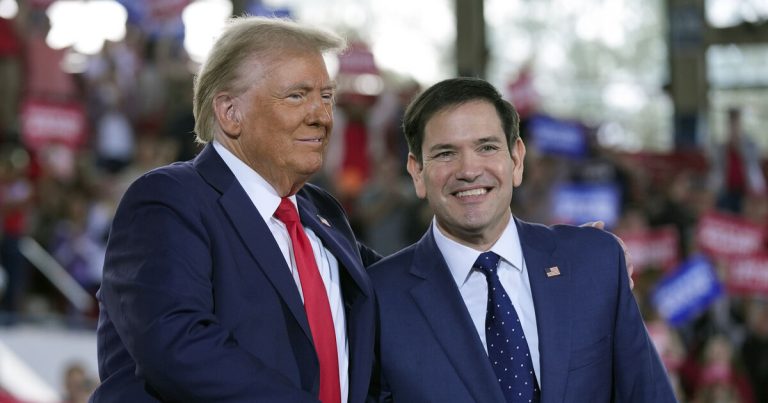Alberta Premier Danielle Smith has articulated her apprehensions about Mexico’s trade policy that mirrors earlier concerns raised by Ontario’s Premier. She is optimistic that Canada will be able to hustle a “carve-out” or special protection from the import tariffs that president-elect Donald Trump is promising. This was communicated by Smith during her province-wide radio call-in program on Saturday.
The Premier stated that she had received advice from none other than Robert Lighthizer, Donald Trump’s former trade chief. Lighthizer, whose role enables him to have a finger on the pulse of international trade policies, advised that governments north of the border (Canada) should adopt a “Canada first” approach. This comes in the backdrop of Mexico inviting investment from a global superpower, China.
Mexico’s decision to rope in China is seen as a strategic move, chiefly in light of America’s pledge to impose import tariffs. Thus, it seems necessary for other nations, like Canada, to reevaluate their trade policy with both the USA and Mexico in order to best protect their own interests. This is why Lighthizer’s “Canada first” approach resonates with Smith.
Earlier this week, Ontario’s premier voiced similar concerns, emphasizing on the potential economic repercussions these tariffs could induce. The echo of these concerns by Alberta’s Premier and onwards gives a clear indication of the rising worry among Canadian governments regarding the changing trade scenario.
In order to mitigate the likely adverse impacts of these import tariffs, the Alberta Premier is urging for a “carve-out”. A tariff carve-out would essentially mean exempting certain goods or services from a tariff, thus providing a level of protection against adverse trade policies. This notion, still quite broad, remains hopeful, and Negotiations for such an understanding would require significant diplomatic dealing.
The “Canada first” approach put forth by Lighthizer aims to prioritize economic interests of Canada in its own trade policies, even implying a greater degree of protectionism. Still, it’s early days yet, and while it’s necessary to consider all possibilities, it’s equally crucial to remain hopeful of negotiating a situation that benefits both nations, since the USA and Canada have long been amiable and advantageous trade partners.
It remains to be seen how the trade scenario will continue to evolve in light of the new stance adopted by the US government. But one thing’s certain – Canadian governments are keeping a keen eye on developments and will fight tooth and nail to protect their trade interests.
Despite the undercurrents of concern surrounding trade policies with Mexico and the USA, both Alberta’s and Ontario’s Premiers have made it clear that they stand ready to engage in beneficial trade negotiations. Their focus clearly remains on mitigating economic harm and taking measures that would fortify the Canadian economy in the face of unpredictable trade winds.
To conclude, while the tension over international trade policy is indeed palpable, the resolve of Canadian governments to protect their trade interests is equally visible. Smith’s echoing of Ontario premier’s concerns signifies a mutual understanding between the governments about the impending challenges, and the need for strategic, assertive decisions in the near future. Canada’s desire for a “carve-out” deal represents the nation’s proactive intent to secure its economic interests.




